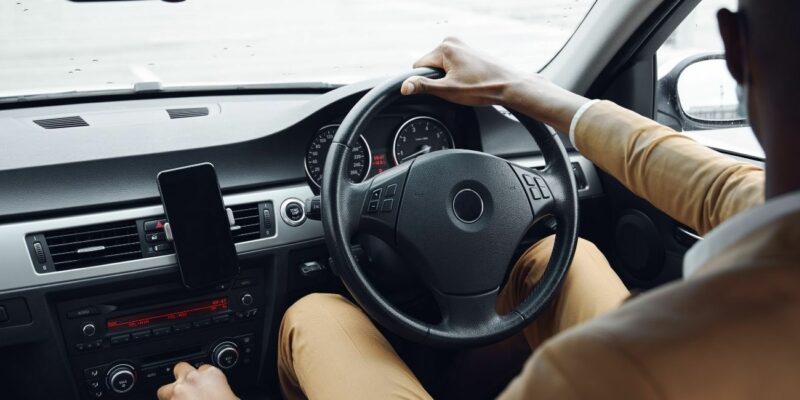
When you apply for your driving licence you may be in good health but as time passes your health may deteriorate or you may contract an illness that makes it difficult for you to drive. In either of these events, you must inform the DVLA (Driver and Vehicle Licensing Agency) and surrender your licence if medical reports show you are not fit to drive.
What Medical Conditions may Prevent me from Driving?
Epilepsy
There are around 600,000 people in the United Kingdom with Epilepsy. There are different types of epilepsy but they are all at risk of seizure. Epilepsy can be controlled well with medication but you must make the DVLA aware that you are epileptic. Many people go through their lives having only a handful of attacks but there are many others who can seize without warning.
Heart Conditions
Some heart conditions could cause problems when driving, but medication can keep them under control. Your doctor will inform you whether or not you are safe to continue driving. As with all illnesses, you should inform the DVLA as soon as you are made aware of the condition.
Losing a Limb
People can still drive after losing a limb; again it's something that the DVLA need to be aware of. If you are driving after losing a limb – or having lost the use of a limb – you may have to have your vehicle modified in which case you must inform your insurance company.
Revocation of your Licence
It is worth noting that if you suffer from a medical condition or disability that may impair your ability to drive and you do not make this information known to the DVLA that they can – without informing you – revoke your licence thus making it illegal for you to drive.
The DVLA have the right – and indeed exercise the right – to revoke the licence of any driver who has not declared a medical condition or physical condition that may render them unable to drive
Likewise, the DVLA have the right to approach your doctor at any time for an update on your medical history in order to make sure that your condition has not worsened and also that you are not putting the lives of yourself and others on the road at risk.
Disclaimer: The information in the article is for general purpose information only and should not be constituted as legal advice. This article has been produced by a third party and Jardine Motors does not take any responsibility for the completeness, accuracy, or reliability with respect to the website or the information provided. Article last updated March 2016.



